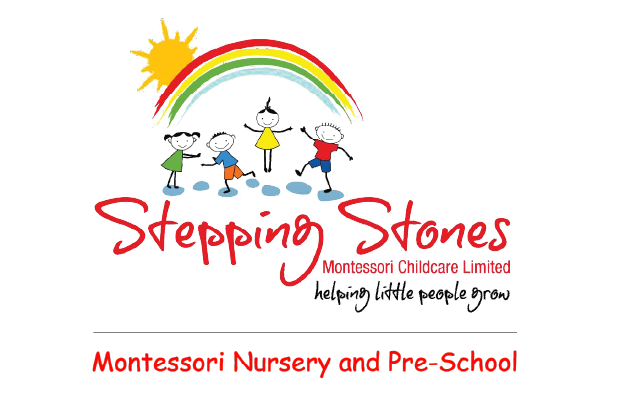Home Learning
Supporting your child’s learning at home
In this section you will find a selection of lovely activities you can do with your baby/child at home to support their learning and development. All activities can be adapted to suit you as a family using things you have around the home.
Children love routine and familiarity. During nursery child focus weeks (approx. every 6 weeks) we will contact you to understand what your child has been doing at home and when we feed back to you the following week, we will give you more suggestions to help to develop your child.
Sensory play is important for children’s development and can include activities that stimulate the sense of touch, such as sensory bins, slime, water play, and messy play. Sensory table activities for children can include hide and seek in bubble foam, car wash, and animal wash. Other sensory ideas include spinning them around in an office chair, playing ring around the Rosie, and rolling down a grassy hill. Specific sensory play ideas for toddlers include a water bead sensory bag, a bubble wrap road, rainbow glitter jars, and an easy paper sensory activity. A sensory safari can also be lots of fun creating or creating animal habitats using different materials and finding plastic animals that belong in each one.


Some simple day to day ideas include:
- Carry out daily tasks with your child. Talk about what you are doing and why you are doing it. When hanging up the washing, you could say ‘The clothes are wet, let’s hang them up to dry.’ Give them simple tasks like passing you the socks. Praise them for helping.
- When you’re out and about, build on what your child says about what they can see – so when they say, ‘Big bird!’ you can say, ‘Yes, it’s a big, noisy bird called a crow’.
- Talk to your child about what has happened so far in the day – for example, ‘We went to the shops this morning, didn’t we? We bought some apples.’ And talk about what is going to happen next – ‘After lunch we’ll do the washing up.’
- Sing songs together that encourage your child to use their imagination. For example, try singing The Wheels on the Bus and ask your child to suggest other things on the bus and describe what sound they make.
- Read picture books together. Talk about the things they can see and how we use them. For example, ‘A bed is something we sleep in.’
- Use books to talk about your own experiences, and theirs, giving them time to respond. ‘Oh look, the boy is at the park. We went to the park yesterday with Granny.’
- Try sharing familiar books at bedtime. Pause when reading so that your child can join in. Talk about the sounds at the beginning of words and words that start with the same sound (like words beginning with P).
- Encourage your child to recall what has happened in the story. For example, ‘Why is bear feeling sad?’ Ask them to guess what might happen – ‘What should they do next?’ – or how the story might end – ‘Do you think they’re going to find the treasure? Where could it be?’
- When you are out and about, talk to your child about what they can see. Play games like, ‘I spy with my little eye something beginning with…’ and say the first sound of the thing that you can see – ‘something beginning with b-b-b-b.’ You can go first and show your child how the game works.
- Try role-playing games together such as shopping. Set items out on the sofa, give your child a bag and some pretend money. Then switch roles and let them be the shopkeeper.
- Play teddy bears’ picnic. Put soft toys in a circle and give your child a few cups and spoons. Give your child a chance to tell you what to do like, ‘Stir teddy’s tea.’
- Plan a treasure hunt game, where your child must listen to your instructions to find a clue or an object. For example, ‘Try looking behind the sofa’.
Taken from ‘Hungry little minds’ campaign:
https://hungrylittleminds.campaign.gov.uk/
